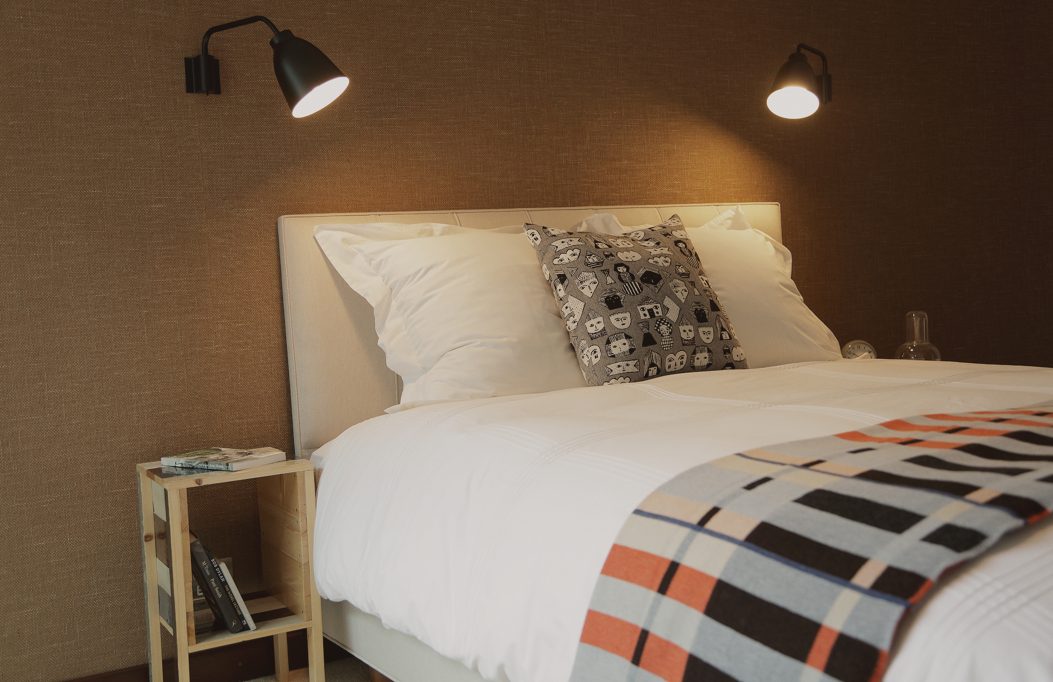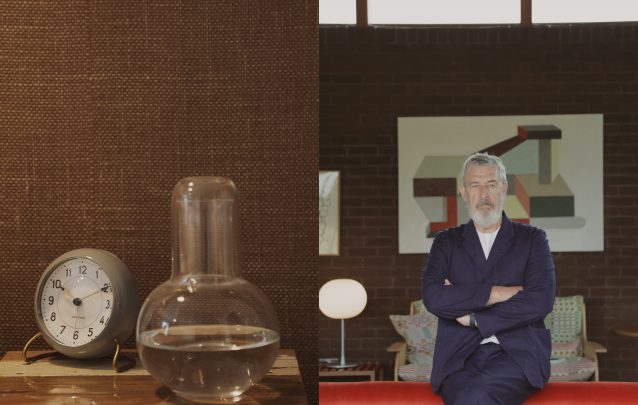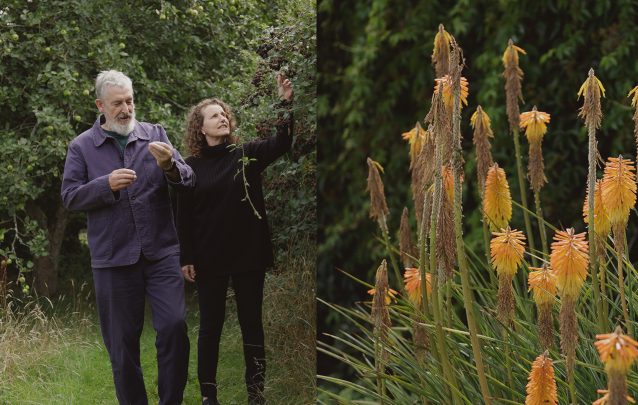No products in the cart.
Divan & Mattress Set


Best seller
26,700,000 ₫ – 162,400,000 ₫
Mattress

Best seller
64,200,000 ₫ – 164,100,000 ₫
Divan
Headboard
Beddings

Best seller
50,400,000 ₫ – 91,800,000 ₫
Email : info@euds.com.vn
Address: DVTM06, MHDI tower, 60 Hoang Quoc Viet Street, Nghia Do, Cau Giay, Ha Noi
“I WAS REALLY IMPRESSED THAT VISPRING WAS USING ALL-NATURAL MATERIALS. TO ME, THIS SEEMED SO PROGRESSIVE, BECAUSE IT WAS YEARS BEFORE THERE WAS WIDESPREAD AWARENESS ABOUT THE AVOIDANCE OF USING FOAM AND VOCS (VOLATILE ORGANIC COMPOUNDS) IN MATTRESSES OR UPHOLSTERY. SEEING THAT FOOTAGE HAD A HUGE IMPACT ON ME AND INFLUENCED MY DECISION TO MOVE OVER TO USING NATURAL MATERIALS IN MY OWN FURNITURE LINE. THE ETHICAL CREDENTIALS OF CHOOSING OUR MATTRESS WERE IMPORTANT — AS A SOCIETY, WE REALLY DO NEED TO REDUCE OUR USE OF PETROCHEMICAL-BASED PRODUCTS.”
Lawrence House sits amid the leafy Hampshire countryside, a few miles from the ancient market town of Petersfield. Completed in 1975, this distinctive domestic design was the result of a collaboration between engineer Les Haywood (a man who spent his spare time rebuilding Aston Martins) and local architect Hugh K. Harwood. It’s been home to Sheridan and Louise since 2002, when they relocated from London with their two children. Created at a time when the open-plan Californian style of housebuilding was gaining momentum in the U.K., many of the original features are still in place — one of which was the main reason for choosing Vispring.

Vispring bed in Lawrence House
Leaning back in his chair, Sheridan explains how “When we bought this place, the master bedroom still had the integrated 1970s tufted headboard, which we loved and didn’t want to remove. We knew we’d need to find something that would fit perfectly, so we began the search and ended up trying, and subsequently buying, a Vispring from a shop in London.
The couple is no strangers to high-quality furniture. Sheridan is the mastermind behind SCP, which is widely renowned as one of the leading destinations for contemporary design. Its east London headquarters and flagship store have been an integral part of Shoreditch since 1985; and with 35 years in the industry stocking forward-thinking furniture and functional products, it’s not surprising to learn that they both have a thorough understanding of the trials and tribulations of manufacturing.

“THE ETHICAL CREDENTIALS OF CHOOSING OUR MATTRESS WERE IMPORTANT — AS A SOCIETY, WE REALLY DO NEED TO REDUCE OUR USE OF PETROCHEMICAL-BASED PRODUCTS.”
Sheridan was first introduced to Vispring at a trade fair in Germany, where he was exhibiting the SCP furniture line. On one of the stands, he saw a film screening, showing the making of a Vispring mattress at the Plymouth workshop. He remembered, “I was really impressed that Vispring was using all-natural materials. To me, this seemed so progressive, because it was years before there was widespread awareness about the avoidance of using foam and VOCs (Volatile Organic Compounds) in mattresses or upholstery. Seeing that footage had a huge impact on me and influenced my decision to move over to using natural materials in my own furniture line. The ethical credentials of choosing our mattress were important — as a society, we really do need to reduce our use of petrochemical-based products.”

It’s about keeping a craft going and giving age-old, traditional skills to a network of local people who might have gone on to do something else instead.
Louise agreed, “The sustainable aspect is also crucial. It’s not just about recycling and compostability factors though — the fumes from man-made materials should also be taken into consideration. Knowing that our mattress has been made without using anything potentially harmful to health, as well as the standard of construction and the build, makes it worth every penny. We both really believe in the quality of U.K. products and are keen to buy things made here. It feels good to know where it was made — for so many reasons.” Sheridan added, “It’s not just about the carbon footprint either. It’s about keeping a craft going and giving age-old, traditional skills to a network of local people who might have gone on to do something else instead. Of course, there’s the inevitable price tag of making furniture here in the U.K. but that shouldn’t always be a priority when you consider longevity. There’s no point in a British company trying to compete with the mass production of mattresses from Eastern Europe or Asia. Far better to go in the opposite direction, which is unfortunately reflected in the price tag, but that must also be put into perspective. People see kitchens, cars, and sofas as major purchases, but really, a mattress is just the same.”
Thankfully, consumer attitudes are shifting slightly. Customers are more information hungry than ever before and are thinking about the provenance of purchases both large and small. When it comes to the humble mattress, however, perhaps the industry has suffered at the hands of the interior design press, who have, historically, placed more emphasis on the way a bedroom is decorated, as opposed to the mechanics, or lifestyle benefits of the actual furniture. Sheridan concurs and points out, “People are aware of making their home environment better than it used to be, they’re examining how they can improve the invisible qualities of life. A fit-for-purpose bed with no pollutants is one of these things. If we’re putting filters into homes for cleaner air, we should be thinking more carefully about what we sleep on. People need to think long-term instead. Rather than go for the quick win, spend a little more and be reassured whatever you’ve invested in will last. At SCP we’re now reupholstering sofas that customers bought from us in the 1990s. The same goes for Vispring — because with a legacy like that, it’s pretty obvious they’re not a fly-by-night brand. This is the bonus of buying a product designed to be just as durable as it is comfortable.”

Louise woefully concluded with a wry smile, “Well, I’m thankful we made the right choice. Do you remember that boutique hotel in Lisbon a few years ago? The bed was so uncomfortable, we had to ask for extra padding. Night two wasn’t much better. I’m sure it was that rogue bed that contributed to your prolapsed disc a few days after we got back home!” The pair laugh and Sheridan concludes, “Very true — but until you sleep on a really good mattress, you don’t know what you’re missing.”
Back